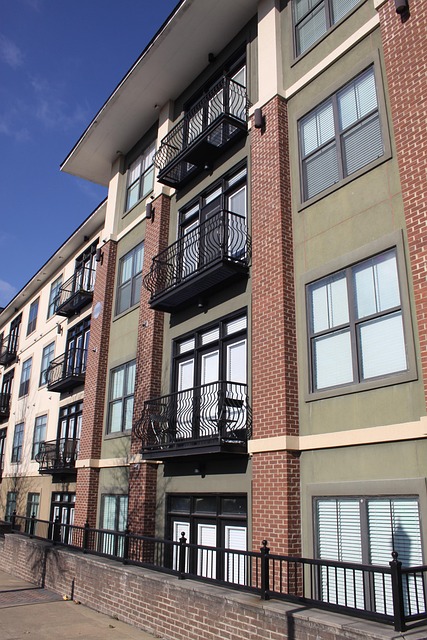
When purchasing a condominium, it’s easy to assume that a private home inspection isn’t necessary. After all, many buyers believe the homeowners association (HOA) or property management already handles maintenance and repairs. However, skipping a private inspection can be an expensive oversight. Condos, like single-family homes, can hide issues that aren’t visible during a casual walkthrough—or even covered by the HOA’s responsibilities.
A professional inspection provides more than just peace of mind; it offers a clear understanding of the property’s true condition before you close the deal. Here are some key reasons why it’s still a wise decision to schedule a private home inspection before buying a condo.
1. Understanding What’s Yours to Maintain
Condo ownership can be confusing when it comes to responsibility. Typically, the HOA manages and maintains common areas such as roofs, exterior walls, and shared plumbing systems. However, what’s inside the unit—like electrical panels, plumbing fixtures, appliances, and HVAC systems—usually falls on the homeowner. An inspection helps define these boundaries by identifying which elements are part of your personal maintenance responsibilities and whether they’re in good shape.
2. Detecting Hidden or Overlooked Problems
Even newer or well-maintained buildings can have hidden issues within individual units. Inspectors often uncover problems like slow plumbing leaks, faulty electrical wiring, improperly installed ventilation fans, or aging water heaters that may not meet local code. Detecting these issues early gives you a chance to address them with the seller or factor repairs into your budget before they turn into costly surprises.
3. Assessing the Quality of Previous Repairs or Upgrades
Condos frequently change hands, and each owner may have made upgrades or repairs—some properly permitted, others not. A private inspection provides an unbiased assessment of the quality and safety of past work. This includes verifying that alterations to kitchens, bathrooms, or flooring haven’t compromised ventilation, structure, or fire safety.
4. Gaining Leverage in Negotiations
Inspection findings are valuable negotiation tools. If the report uncovers issues such as worn-out appliances or minor safety hazards, you can request that the seller make repairs or offer a credit at closing. Even small concessions can add up to significant savings, making the inspection a worthwhile investment.
5. Avoiding Future Liability
In a shared building, one unit’s problem can affect another. For instance, a slow water leak in your unit could damage the property below. A thorough inspection helps prevent these situations by identifying vulnerabilities before they lead to disputes with neighbors or the HOA.
Final Thoughts
A private home inspection is not just an optional step—it’s a smart safeguard that protects your financial investment and personal safety. While the HOA may maintain common elements, you are responsible for the condition of your individual unit. A professional inspection ensures that you move forward with confidence, knowing exactly what you’re buying and what to expect after closing.
